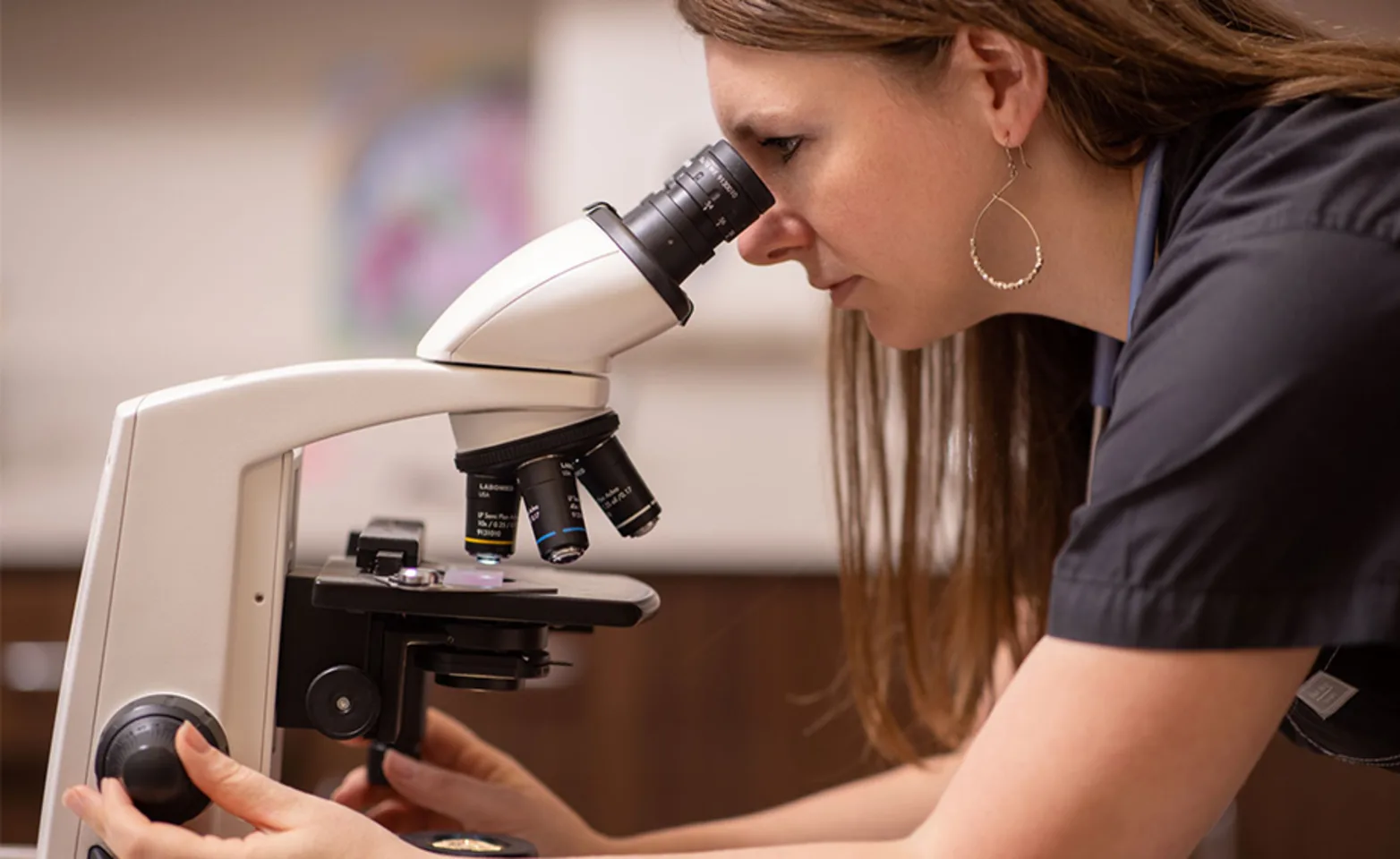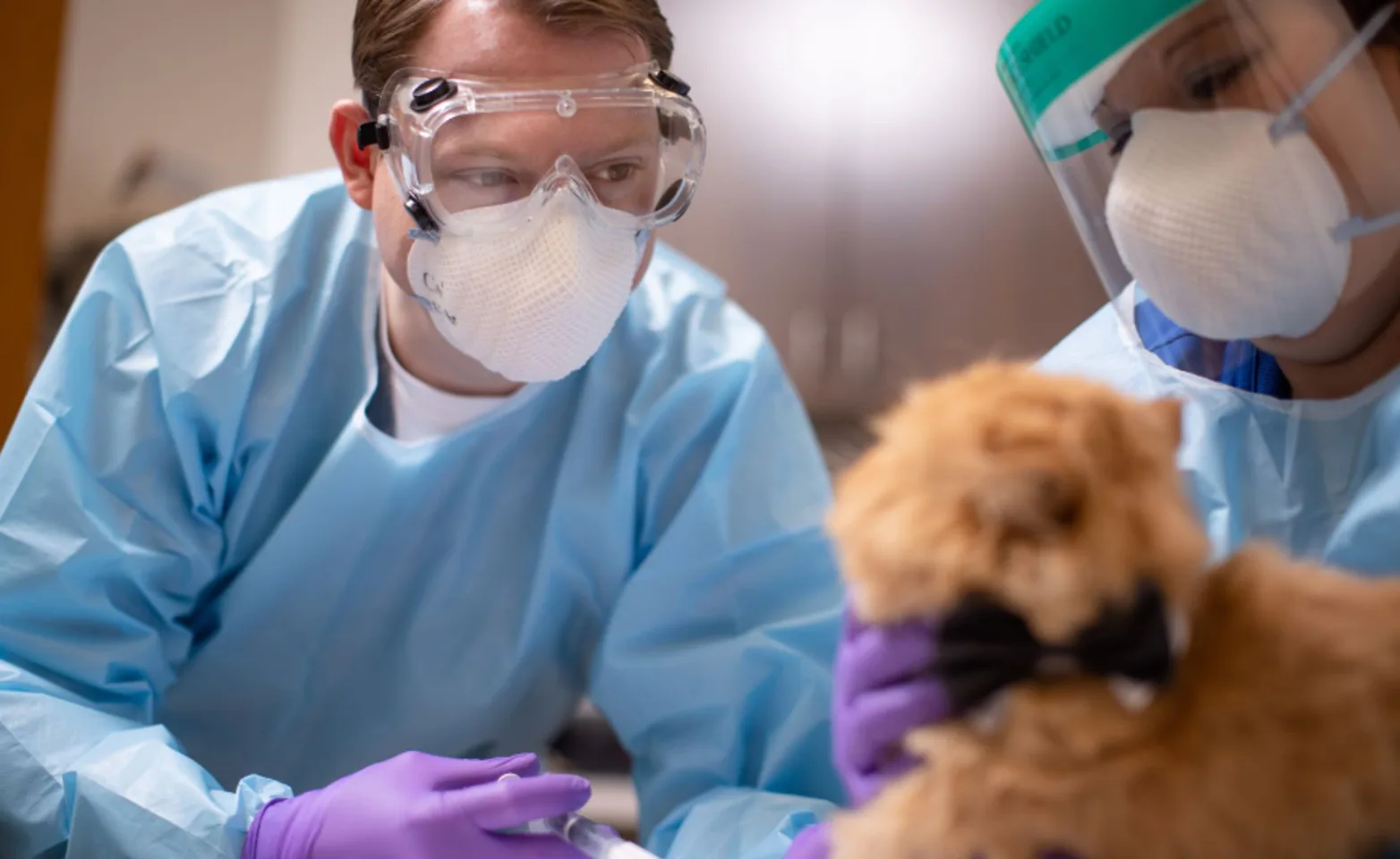MissionVet Specialty & Emergency
Our pets are our family members – they’re with us in times of joy and also in times of grief, offering comfort without judgement. This is why it is so difficult to hear and fully comprehend a diagnosis of cancer; unfortunately, it is a common diagnosis in our pet dogs and cats. Much of this is the result of better preventative and medical care that allows our pets to live much longer, making diseases of older animals more common.
This means not only providing the best medical care for our patients, but also making every effort to make them feel comfortable and loved while they are under our care.

Lymphoma
Mast cell tumor
Hemangiosarcoma
Soft tissue sarcoma
Osteosarcoma
Squamous cell carcinoma
Melanoma
Anal sac adenocarcinoma
Transitional cell carcinoma
Our Oncology Team

Our Goals
Having a pet with cancer can be a very overwhelming process for any caregiver to go through. It is emotionally taxing and there is a large amount of information to process. While we can provide a number of treatment options that are customized for your pet, ultimately, the treatment plan that is followed is the decision of the caregiver. Our goal is to arm you with knowledge as well as share our honest experiences to help you in making your decisions for your pet’s treatment.
Because our patients cannot speak for themselves, our first consideration is always the pet’s quality of life and how it may be affected by the cancer or the treatments that are available.
During all parts of the process, we aim to provide the highest quality medical care for your pet on a personal level. Our oncology patients’ status can change very rapidly due to their cancer or to the treatments being used. We value our relationships with our clients and referring veterinarians and our goal is to ensure continuous communication between all parties regarding our patients’ well-being, changing prognosis and treatment plans.
What to expect when visiting the oncologist
STAGING
Using our knowledge of the behavior of the tumor, as well as information that we have collected about your pet’s history, we will perform a number of tests called staging tests that help us to determine the extent of the cancer both locally (how big and how invasive the tumor is) and systemically (has the tumor spread or metastasized to other parts of the body), as well as the general health of the patient. This often includes blood work, cytology or biopsies of the tumor and lymph nodes or other organs, other cancer-specific tests, and imaging.
Our hospital is equipped with state-of-the-art diagnostic equipment including an on-site 1.5 Tesla MRI unit with remote patient monitoring, in-house laboratory, digital radiography, abdominal ultrasonography and computed tomography. Our 4-slice helical CT scanner generates 3D images that provide our specialists precise, detailed and quick information that allows them to provide your pet the best diagnosis and treatment available. We have highly skilled surgeons that are available to perform more complicated biopsies and have the capability to perform minimally invasive surgery, when appropriate, to obtain biopsies.
TREATMENT PLANNING AND ADMINISTRATION
Using the information from our staging tests, as well as knowledge of the behavior of the tumor, we can arrive at a prognosis (how we expect your pet to do with or without treatment) and devise a number of treatment options for your pet. Then, personalizing the treatment to your pet and your family, we can find the best plan for your pet. Although we do our best to predict how your pet may respond to treatment, cancer is ever-changing, so our plan often evolves as our patients’ needs change.
At our hospital, treatments we can offer in-house include:
Chemotherapy
Oncologic surgery
Immunotherapy
Small molecule targeted therapy
Pain management therapy
End-of-life care
24/7 veterinary care, should your pet need to be hospitalized
The successful management of an oncology patient requires a team – most importantly, the caregiver, but also our oncologist, the oncology nurses, the family veterinarian, and other specialists. There is no one “magic bullet” for cancer and the best treatment plan often involves a variety of approaches to treat cancer and improve the patient’s quality of life.
This often means a multimodal plan that takes into account the needs of the pet and the family. Using a team approach, we will walk through a number of steps to ultimately arrive at the best treatment plan for your pet and your family.
FAQs
What should I expect during my appointment with oncology?
If received in advance, the oncologist will have already reviewed the information provided by your family veterinarian. During your appointment, we will discuss your pet’s history related to their condition and otherwise, and a complete physical will be performed to assess your pet’s condition. Further testing (staging; see below) may be recommended based on the doctor’s assessment of your pet’s exam, history and previous testing. A detailed estimate of the potential treatment plan will be reviewed with you and your consent received prior to beginning any diagnostics.
Based on the results of testing, your pet’s history, the typical behavior of cancer that your pet is diagnosed with, as well as your needs and goals, we will discuss your pet’s prognosis and come up with options for a treatment plan for your pet. This may involve input from you and your family, the oncologist, your veterinarian, and other specialists.
How should I prepare for my initial exam appointment?
We ask that you do not feed your pet the day of his/her appointment in case an additional test or procedure is recommended. Please remove all food by 10 p.m. the night and all water by 6 a.m. the morning of your scheduled appointment. All medications should be continued as instructed unless you are told otherwise. For patients with special needs (i.e. diabetic), please contact your doctor prior to your appointment for specific instructions.
What is staging?
Staging is the interpretation of several diagnostic tests to determine the extent of a tumor locally (how invasive it is) and whether and where a cancer has spread in the body (if it has metastasized). Staging may include sampling lymph nodes, chest radiographs, abdominal radiographs, abdominal ultrasound, CT scan, MRI scan, blood work, special stains, or bone marrow aspiration. Staging is important in determining the prognosis of a cancer and what treatment options are recommended.
What is the importance of tumor grade?
Tumors are graded on a scale of low, intermediate, and high. We usually need a biopsy or surgical removal to determine the grade. These grades correlate to how fast-growing and aggressive a malignant cancer is behaving. Low-grade cancers are more slow growing and have a lower risk for spread than high-grade cancers. This is also important in determining prognosis and developing a treatment.
What kinds of treatments are available to pets with cancer?
Depending on what type of cancer your pet has, there are a wide range of treatment options that are available to cats and dogs. In general, the most effective plans that will provide the best control of the cancer will involve a variety of treatments (multimodal therapy). This may include chemotherapy, surgery, radiation, pain medications, or immunotherapy. Often, we will provide a wide range of treatment options for your pet’s cancer so that we can pick an option that best fits your family and your goals for your pet. In many cases, we may not be able to cure cancer but rather control the cancer by killing cells and slowing the progression of the tumor. A period of time when the cancer is controlled is referred to as a remission time. Remission time varies with different types of cancer and also with different types of treatment options. If cure is not likely and we are only aiming to control your pet’s cancer, quality of life is of utmost importance and treatments are designed to maintain that quality of life as much as possible.
What side effects should I expect my pet to have after receiving chemotherapy?
The goal of chemotherapy is to control or eliminate cancerous cells while still maintaining a good quality of life for your pet. Each chemotherapy drug and each pet is a little bit different, but in general we expect our pets to experience far less side effects than do humans receiving chemotherapy. However, because chemotherapy is designed to kill rapidly dividing cells such as cancer cells, there are also normal cells in the body which are rapidly dividing (GI tract, bone marrow, hair follicles) that will be affected which may manifest as side effects. In general, the likelihood of your pet having a serious side effect (something that would require hospitalization) is approximately 3-5%. There are several effective drugs to help prevent or treat the side effects and we do our best to keep your pet’s discomfort to a minimum. General side effects that could occur with chemotherapy include hair loss in non-shedding breeds, or thinning or texture change of hair in breeds that do shed, gastrointestinal side effects such as vomiting or diarrhea or decreased appetite, and immunosuppression and/or fever. Other side effects could occur with specific drugs.
What is palliative care?
Palliative care is designed for patients that are undergoing a serious illness such as cancer that affects their quality of life. The focus is trying to alleviate symptoms of the illness, such as pain, nausea, and lethargy to improve quality of life, but does not necessarily include direct treatment of the disease to extend the length of the patient’s life. Palliative care may include pain medications, radiation to control pain, steroids, anti-nausea drugs or other treatments.


